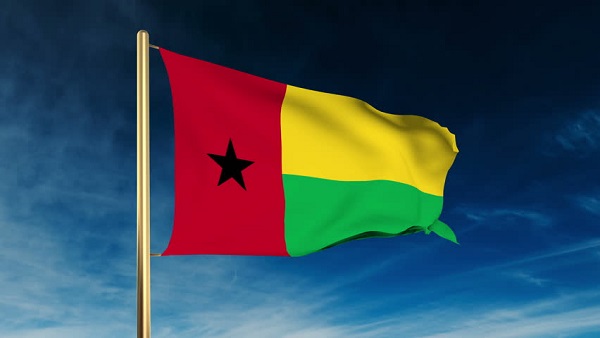Guinea-Bissau has become the first country outside Europe to join an international agreement on environmental democracy that holds governments accountable for environmental and human rights. The was contained in a statement by the United Nations on Tuesday, announcing Guinea-Bissau’s signature.
According to Environment Minister Viriato Luis Soares Cassama, the country intends to take advantage of the environmental democracy convention to fight climate change and promote biodiversity while the deal “will also allow public participation in decision-making as well as access to justice when people’s rights to the environment are violated”.
Known as the Aarhus convention, after the Danish city where it was signed in 1998, the Convention on Access to Information, Public Participation in Decision-making and Access to Justice in Environmental Matters guarantees people’s “right to live in an environment adequate to his or her health and well-being, and … to protect and improve the environment for the benefit of present and future generations”.
Read also: Indonesians told to stay alert after magnitude 7.3 earthquake
The convention which gives the right of access to public information on environmental matters, and the right for citizens to take part in decision-making processes, along with the Protocol on Pollutant Release and Transfer Registers, are “the only legally binding global instruments on environmental democracy”, according to the United Nations Economic Commission for Europe (UNECE).
Guinea-Bissau signed the convention on 4 April, bringing the total number of signatories to 47.
In 2021, the country joined the UN Water Convention, becoming the fourth African country to do so.
The UNECE said Guinea-Bissau is “one of the most vulnerable countries to climate change”, threatened by flooding and increased salinisation in coastal regions, which affect agriculture and can lead to drinking water shortages. Mining and construction activities also threaten the country’s protected areas.
Story was adapted from RFI.
